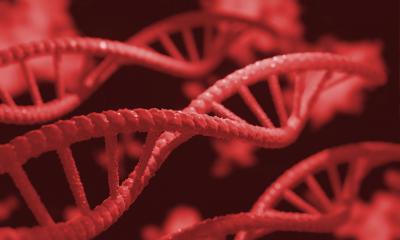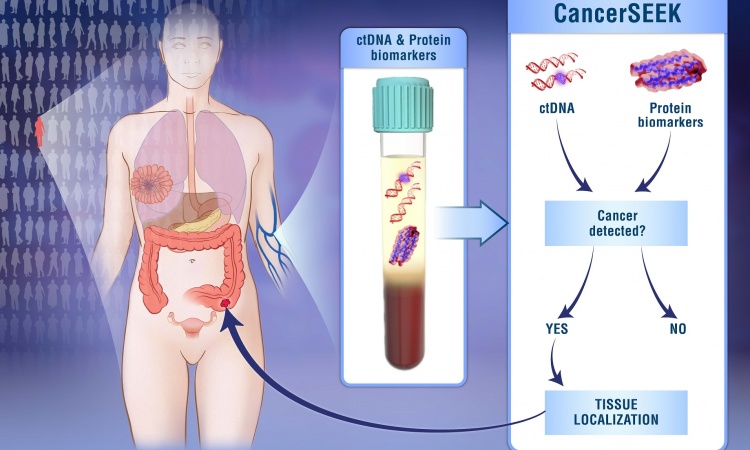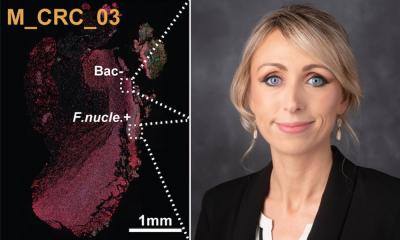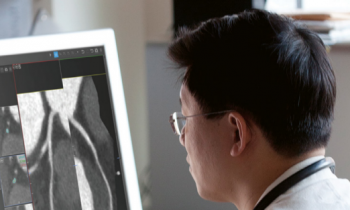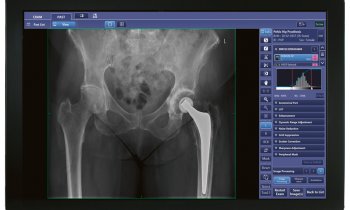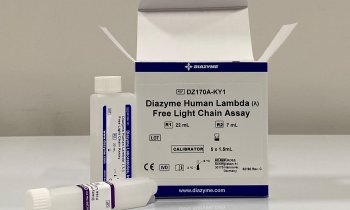News • Facing your fear
Google's effect on cancer screening
The fear of cancer influences whether people after searching medical information online go to cancer check-ups or not. People who look up information on cancer screening on the internet, plan to go to their screenings more often – but only if they are afraid of getting cancer.
Although modern medicine has made progress in the fight against cancer, the fear of cancer diseases is widespread. Still, regular screenings are no matter of course. Only almost every fifth person over 55 years has undergone a colonoscopy even though it is recommend for this age group as cancer prevention. What influences people to undergo these screenings? Screening or not? In making this decision people often seek advice on the internet. Psychologists of the Leibniz- Institut für Wissensmedien (IWM) in Tuebingen from the team of Prof. Dr. Kai Sassenberg found out, that the use of the internet is influencing this decision. Surprisingly, the more one is afraid of cancer, the more he or she actually is motivated after the internet search on colon cancer to go to a colonoscopy.
After web searches patients can remember more often positive information from the articles they red and they select more positive links in order to reduce feelings of fear and threat
Kai Sassenberg
Fear leads to a biased selection and processing of information: During web searches on fear-laden topics, many people focus unconsciously on the positive information (i.e. chances) while blocking out negative information (i.e. risks). Psychologist Prof. Dr. Kai Sassenberg explains: “Our research reveals that after web searches patients can remember more often positive information from the articles they red and they select more positive links in order to reduce feelings of fear and threat.” Therefore, people with higher levels of fear possibly compensate their feelings: They look up positive information on the web and construct themselves a better impression on cancer prevention. Consequently, the motivation of undergoing a cancer screening is higher. The internet use might help to reduce the fear of cancer. These effects were independent from medical risk factors and are of psychological nature – that means they concern the individual perception of the patients. At the same time the results show: People with less fear of cancer decide rather against a colonoscopy after an intensive web search. Presumably, they give greater importance to unpleasant aspects of a colonoscopy (i.e. risks they have read about on the internet).
These results were drawn from study with two survey rounds at an interval of 6 months. Participants were between 45 and 55 years old belonging therefore to the age group that – as recommended by the World Health Organization (WHO) – should soon taka colonoscopy for colon cancer prevention. Persons with high level of fear and frequent internet use at the date of the first survey showed after the 6 months a particularly strong intention to go to a screening; persons with less fear and frequent use of the internet had only a weak intention for prevention.
To sum up: The use of the internet might help to motivate people for cancer screening or in other cases to consult a doctor. This is especially valid for people who have fear of a disease anyway. People who experience less fear of cancer (or different diseases) are more discouraged by the web search from a screening or a doctor’s appointment.
Source: Leibniz-Institut für Wissensmedien
08.02.2018



